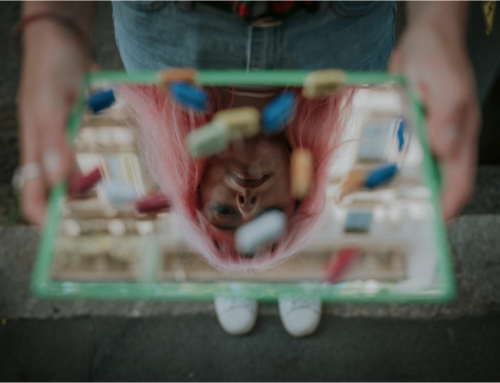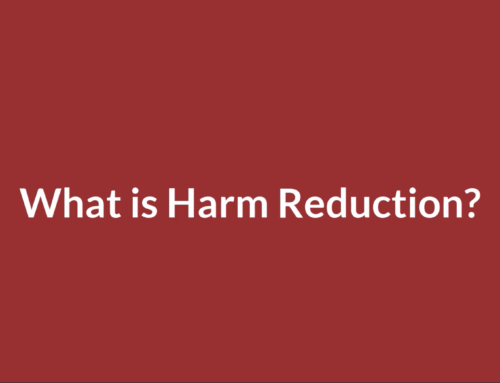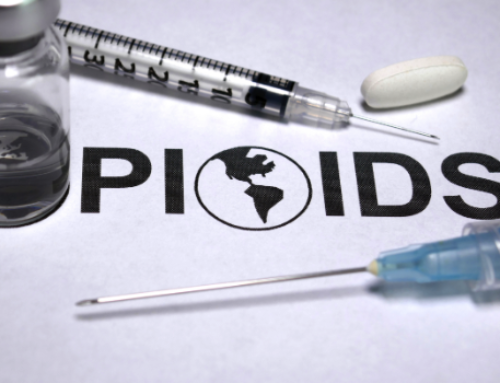Millions of people lose loved ones to addiction-related suicide every single year. Feelings of depression, hopelessness, and despair can overwhelm a person so intensely that they don’t see a way out. Those feelings can be compounded by certain health conditions, circumstances, and even drug addiction. Addiction-related Suicide Support Groups can be the key to dealing with loss and reclaiming your self.
When it comes to drug addiction, the media seems to focus more on the addiction itself, or on accidental overdoses. They rarely discuss drugs and suicide, which can be disheartening for those who have lost a loved one. Feeling like you’re the only one in the world going through this type of grief can be overwhelming. Thankfully, there are suicide support groups that can help.
Drugs and Suicide: Drug Addiction’s Impact on Suicide Rates
The link between drugs and suicide is more common than many people may think. While most people think depression is the main contributing cause, that’s only part of the story. According to Addiction Center, over 90% of people who commit suicide not only suffer from depression, but many of them have a substance abuse disorder as well.
Those who are severely depressed often turn to drugs, alcohol, or other addictive and risky behaviors in order to ease the pain they’re experiencing. Instead, the substances/behaviors do the exact opposite – compound the depression and increase the likelihood of suicidal thoughts. Addictive behaviors and substances can also wreak havoc on a person’s finances, relationships, and employment situation/prospects, and the depressive feelings can grow stronger. The resulting drug addiction and suicidal thoughts can, in time, lead to suicide.
Suicide Support Groups Can Help Those Dealing with Loss and Grief
Have you lost a loved one to drugs and suicide? You’re not alone. Millions of families are going through very similar circumstances, which is why it’s so helpful to seek out a support group. Suicide support groups are made up of people who are not only dealing with the loss of a loved one, but with the loss of a loved one due to drug addiction and overdose. Suicide takes a major toll on the family and friends left behind, but so does the drug addiction itself. It is a two-fold issue, two very intense situations that have converged, making the grieving process even more intense.
Losing a loved one to suicide is more difficult than other types of loss because it:
- Is a traumatic loss
- Is associated with shame/stigma
- Can result in PTSD
- Results in mixed emotions, including confusion, anger, and resentment
- Results in an often-unanswered question: Why?
Thankfully, the people in suicide support groups know what you’re going through. They’ve lived with loved ones who have struggled with addiction. They’ve done their best to help them, only to lose them.Talking regularly with others who have had a similar struggle as you and your family can help you healthfully work through the grief. A support group has your back. They can show you from first-hand experience that what you’re going through is normal during a time when nothing feels normal.
Don’t Struggle Through Grief on Your Own – Get the Loving Support You Need
Grief is a very personal thing, something that many people feel the need to work through on their own. While there is a measure of grieving, healing, and growth that a person needs to do by themselves, they should by no means feel like they should do it all on their own. Suicide support groups are there for a reason – they’re needed.
Working through the pain with a caring, supportive group behind you can take a measure of the pain away. Knowing there are others going through something similar can help you face the anger, fear, and sadness of your loss. Your support group will be there for you when you’re feeling at your most vulnerable – there to pick you up and carry you through the process, all while showing you that there is, indeed, a ray of light at the end of the tunnel.


